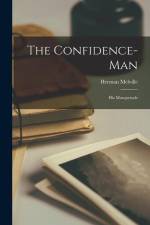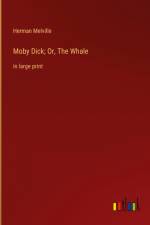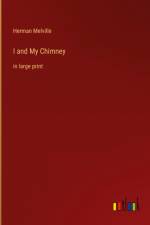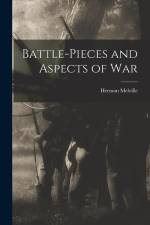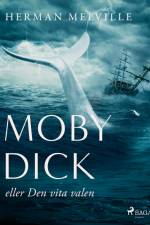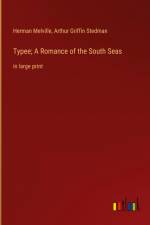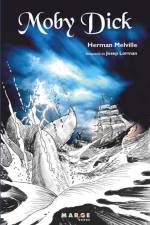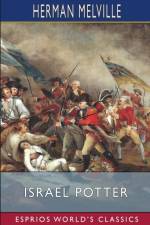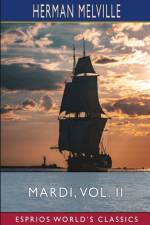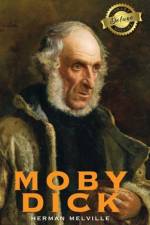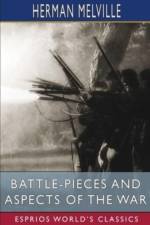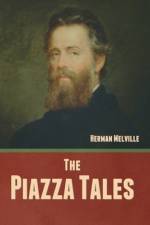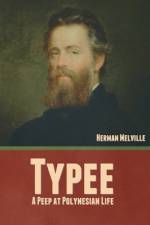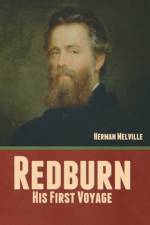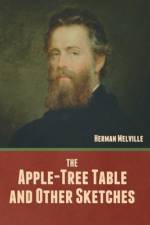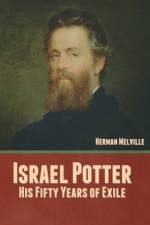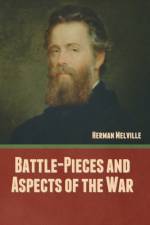av Herman Melville
407
The Piazza Tales is a collection of six short stories by American writer Herman Melville, published by Dix & Edwards in the United States in May 1856 and in Britain in June. Except for the newly written title story, "The Piazza," all of the stories had appeared in Putnam's Monthly between 1853 and 1855. The collection includes what have long been regarded as three of Melville's most important achievements in the genre of short fiction, "Bartleby, the Scrivener", "Benito Cereno", and "The Encantadas", his sketches of the Galápagos Islands. (Billy Budd, arguably his greatest piece of short fiction, would remain unpublished in his lifetime.)Melville had originally intended to entitle the volume Benito Cereno and Other Sketches, but settled on the definitive title after he had written the introductory story. The book received largely favorable reviews, with reviewers especially praising "The Encantadas" but did not sell well enough to get Melville out of his financial straits, probably because short fiction for magazines had little appeal to bookbuyers. From after Melville's rediscovery to the end of the twentieth century, the short works that attracted the most critical attention were "Bartleby," "Benito Cereno" and "The Encantadas," with "The Piazza" a little behind those. For Warner Berthoff, Melville's short works of the mid-1850s show a grasp of his subject matter not previously in his possession, not even in Moby-Dick: "a clarity of exposition and a tonic firmness and finality of implication".John Bryant points to the experimental use of narrative voice in the stories: in addition to third-person narration, Melville makes his fictionalized narrators "less and less reliable." The lawyer-narrator in "Bartleby" is "not so reliable", Bryant finds, but the third-person narrator of "Benito Cereno" represents a "less conspicuous form of unreliability" and precisely because this third-person position seems objective, while in reality Delano's distorted point of view is adhered to. In line with other writers of short stories of the time like Poe, Melville's narrative structures stimulate readers to look beyond their initial readings to understand more. This view of "the stories to have a hidden text" has proven to be persuasieve. Writing in the twenty-first century, Bryant makes essentially the same point when he notes that "carefully modulated ironies" are put to such use that "the brightness of sentiment and geniality would be made to reveal its darker edges: deception, sexuality, alienation, and poverty."For Robert Milder, in the best of the short stories these different levels of meaning are fused "in a vision of tragedy more poignant than Moby-Dick's or Pierre's because it is more keenly responsive to the lived human condition." (wikipedia.org)

